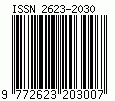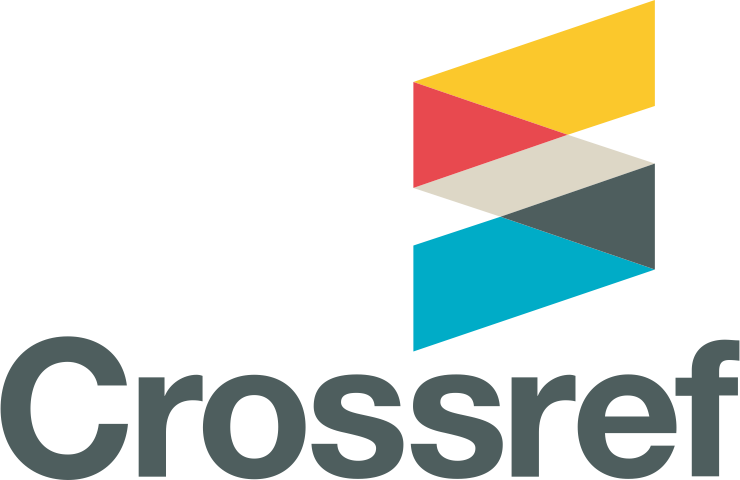ANALISIA REABILITAS (KEKUATAN DAN KEMUDAHAN) PADA SUBTITUSI “END CAP” DENGAN MENGGUNAKAN “END PLATE” PADA SPOOL UNTUK PENGETESAN PRE COMMISIONING – HYDRO TEST
DOI:
https://doi.org/10.33556/jstm.v26i1.436Abstract
In the piping fabrication process and to meet the client’s requirements and specifications, hydrotest testing is needed to test the strength of the welding/connection process and test for leaks in the product or production output. Each testing stage definitely has obstacles, one of the obstacles that occurs ih Hydrotest work is the unavailability on the market of the material needed for the Pre Commissioning Test-Hydro Test, namely End Cap, to overcome this obstacle the engineering team recommends a substitute solution for “End Cap” by using “End Plate”. The research carried out will identify the suitability of the analyzes mentioned above. The research method is experimental with quantitative methods. The results of the research show that the substitution of using an End Plate for an End Cap is considered to have sufficient strength value in terms of strength, shows that the substitution of using an End Plate for an End Cap is stated to have a greater convenience value than using an End Cap in terms of ease of obtaining material, shows that the substitution of using an End Plate for an End Cap is stated to have a greated to have a greater convenience value than using an End Cap in terms of ease of installation/fit up and is stated to have a smaller convenience value than using an End Cap in terms of ease in the welding/welding process.
Downloads
Published
Issue
Section
License
Authors who publish with this journal agree to the following terms:Authors retain copyright and grant the journal right of first publication with the work simultaneously licensed under a Creative Commons Attribution License that allows others to share the work with an acknowledgement of the work's authorship and initial publication in this journal.
Authors are able to enter into separate, additional contractual arrangements for the non-exclusive distribution of the journal's published version of the work (e.g., post it to an institutional repository or publish it in a book), with an acknowledgement of its initial publication in this journal.
Authors are permitted and encouraged to post their work online (e.g., in institutional repositories or on their website) prior to and during the submission process, as it can lead to productive exchanges, as well as earlier and greater citation of published work (See The Effect of Open Access).







